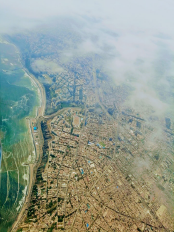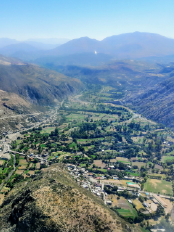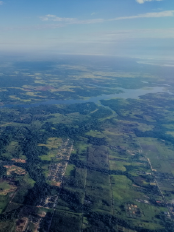ARPEC - Anemia Research Peruvian Cohort
Peru is a South American country that in the last decade has experienced continuous economic growth and improved the wealth of its population. However, in Peru a large proportion of children still suffer from anemia due to insufficient levels of iron in the blood. This situation creates a great danger for the future of Peruvian children and their adult health. The roots of this problem are likely to be complex because numerous ecological, biological, social and political factors partly explain the persistence of anemia. Most government interventions are currently focused on treatment and not prevention. However, the treatment of this disease can have side effects, since too much iron, when interacting with other nutritional or environmental factors, can also adversely affect growth and development.
In this project, we will study the complexity of the environmental and nutritional factors that alter the mechanisms of iron balance in a group of Peruvian babies, from birth to the first year of life. Children and their mothers will be studied in 3 cities in Peru located on the coast, the Andes and the Amazon. Various measurements and samples of water, air, soil, blood, feces will be made; Data on baby size measurements, interviews, nutritional observation and focus groups will be collected with the participating mothers. Some health policies and strategies implemented in the past will also be evaluated.
- Pictures below: Coast (Lima), Andean Mountains (Ayacucho) and the Amazon (Pucallpa)
Source: José Sanchez-Choy
 |
 |
 |